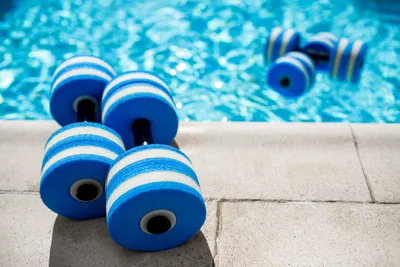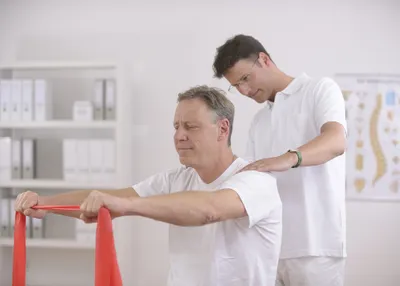When you face physical or mental barriers, the key is become empowered to move forward in a healthy way. That’s the philosophy behind recreational therapy, let’s dive into the topic a bit more.
Therapeutic recreation (in which recreational therapy is practiced) can address a variety of limitations posed by an illness or disability, according to the American Therapeutic Recreation Association (ATRA). Here are six facts about the field and how it can benefit patients…
1. Recreational Therapists are Everywhere
While recreational therapists are traditionally found in hospitals, they are increasingly being hired to assist in mental health facilities, schools and even hospices, according to ATRA.
The practitioners are typically employed by public healthcare institutions but lately there has been more demand for this type of therapy in private practices, as well as delivering services right to a patient’s home, adds the organization.
2. Treatment is Personalized
Therapeutic Recreation Ontario notes that this field of healthcare involves closely working with the patient, sometimes over a long period of time. The process starts with a needs assessment to determine “appropriate personalized interventions,” notes the source.
The therapist connects with the patient on a personal level so they can guide the course of treatment together, and a number of factors are considered from current abilities to culture to the guidelines of the agency where the therapist is working. This helps establish realistic goals for the patient to work towards, adds the organization.
3. Treatment Comes in Many Forms
One of the great things about therapeutic recreation is that there are so many ways to deliver it, as evidenced by a long list of activities suggested on RecreationalTherapy.com. These can be simple games or more involved physical activities.
For example, on the list of almost 500-suggestions for therapeutic delivery, there are memory games (with the help of DVDs) for Alzheimer’s patients, as well as ideas for creating crafts. There are also low-impact variations of popular sports such as a version of bowling that uses plastic cups and a beach ball. The latter activity is ideal for patients in a wheelchair, it adds.
4. The Goal is Restorative
No matter what program is delivered to the patient by the recreational therapist, the end goal is to help them function on a higher level following an injury or due to an illness. The idea is to improve an individual’s overall physical and mental well-being through a variety of activities.
This differs from diversion activities, which is sometimes confused with therapeutic recreation, notes Neighbourhood House in Utah. This practice involves using games and hobbies but doesn’t have a goal of rehabilitation, adds the source. It also brings up bowling, which seems to be a popular sport among recreational therapists. “A Recreational Therapist can assist a client who may have balance issues and need to regain strength. Bowling incorporates both these skills,” it adds.
5. Practitioners are Highly-Trained
ATRA notes a “university education is essential to full-time employment in the recreational therapy field today,” and some students go on from a bachelor’s degree to achieve a master’s or doctorate in the practice.
According to the organization, therapeutic recreation is highly recognized in America, with more than 80-universities in the U.S. offering bachelor degree programs. This can provide peace of mind to patients, knowing the practitioners have gone through extensive training and are certified.
6. It’s Effective for Psychological Issues
According to a study published in the Journal of Nursing and Health Science, recreational therapy has been proven to be effective, in this case the focus is on depressed patients. Depression can severely limit a person’s sense of well-being, which can lead to other limitations and negatively impact quality of life.
The study of 100-subjects in a control group and an experimental group found that there was a marked improvement in physical, intellectual and spiritual states of those in the experimental group following therapy.









